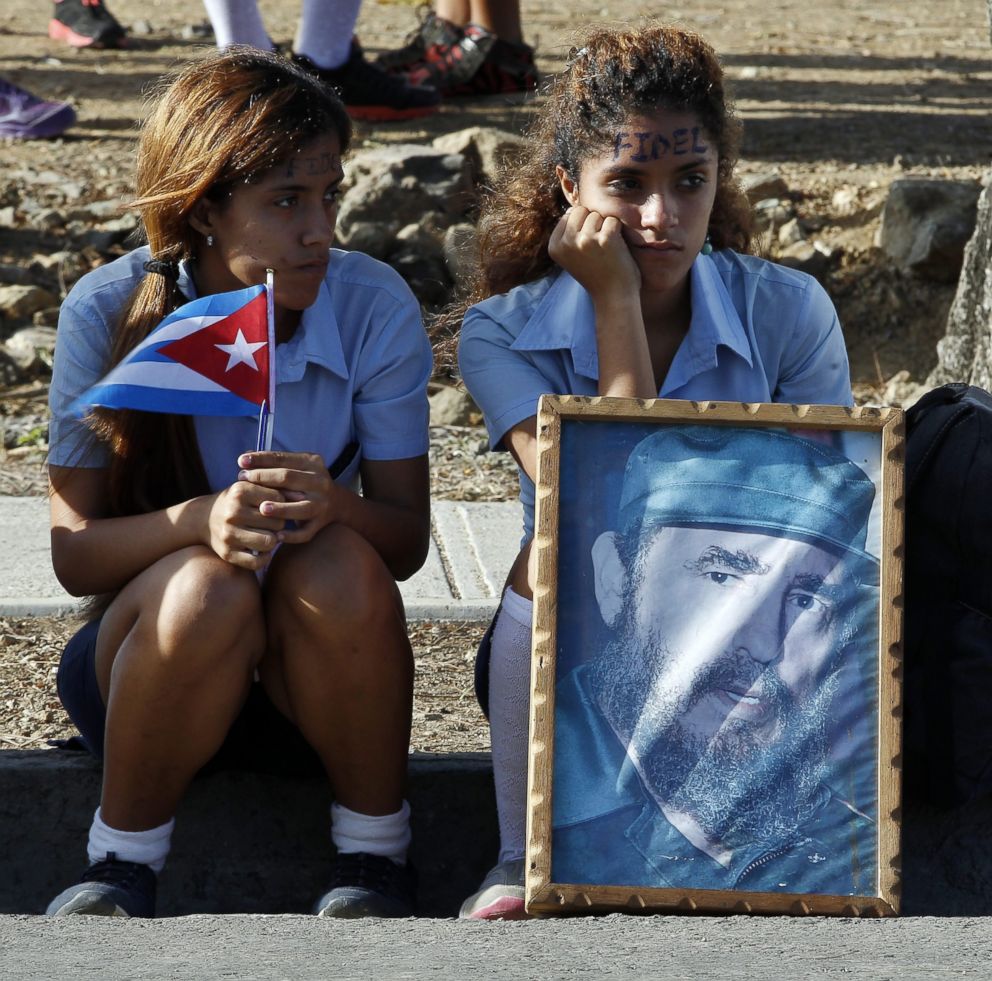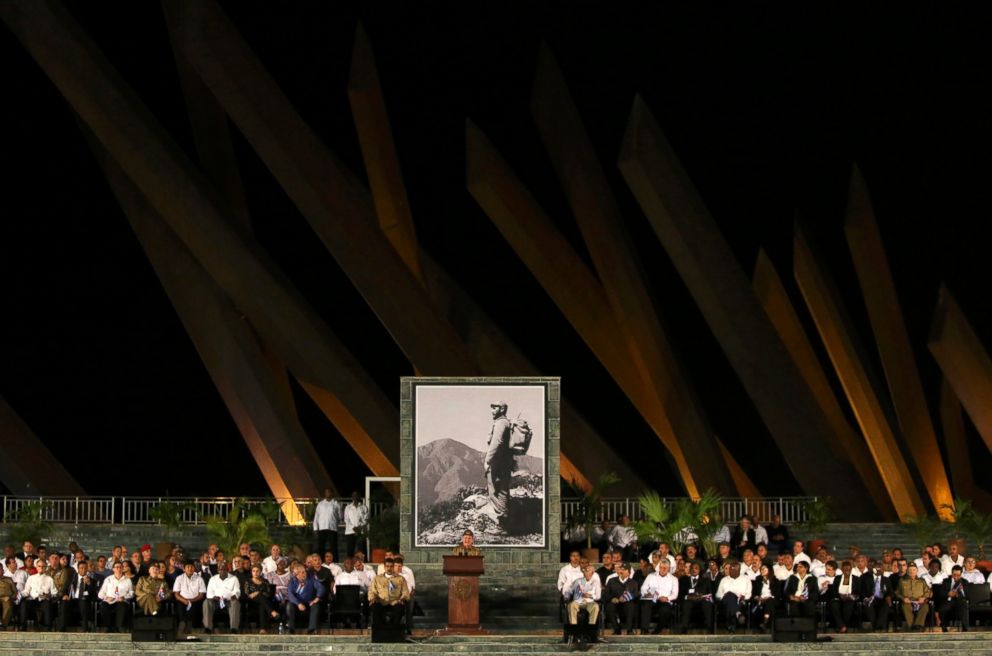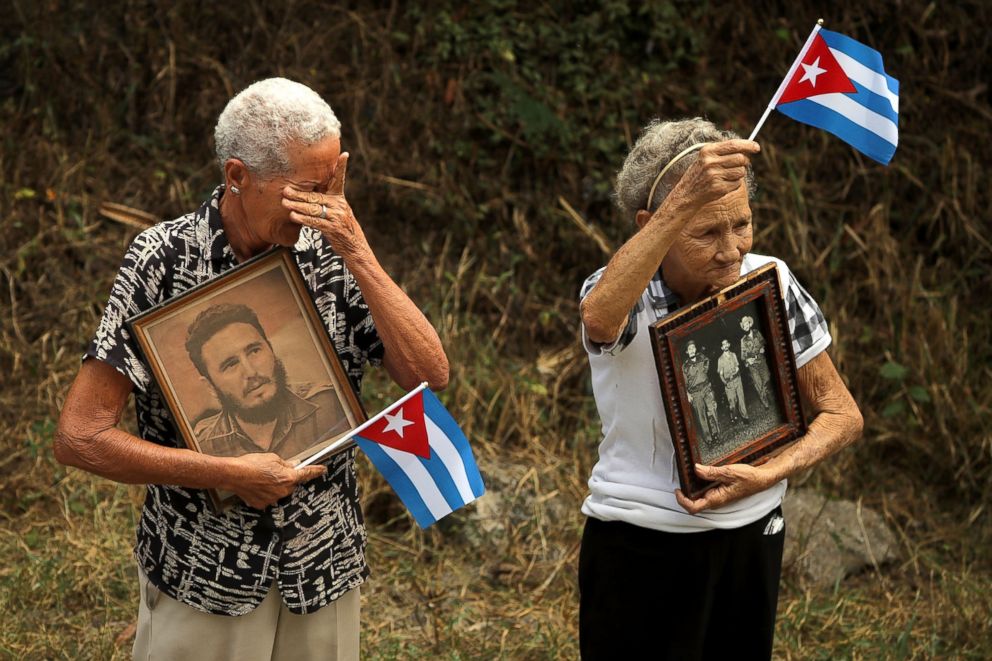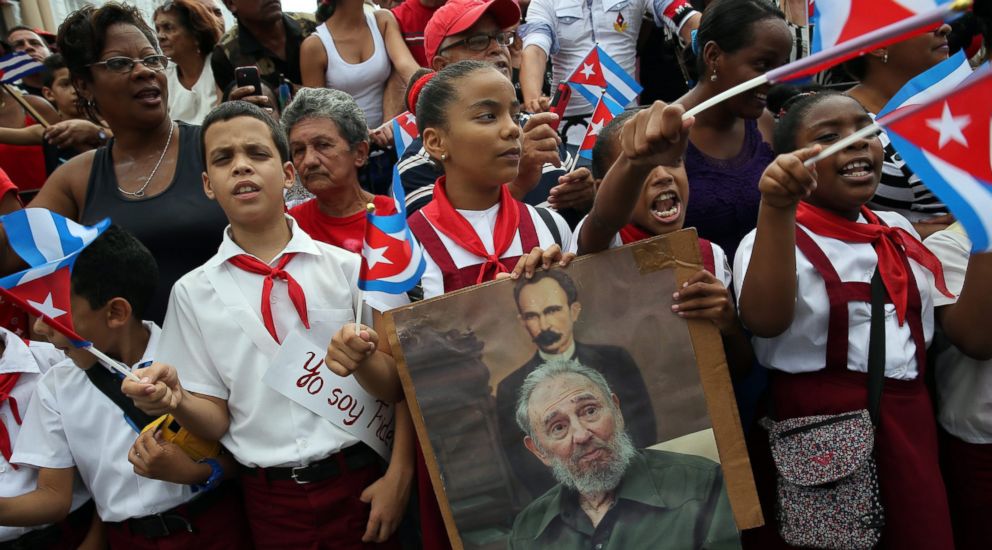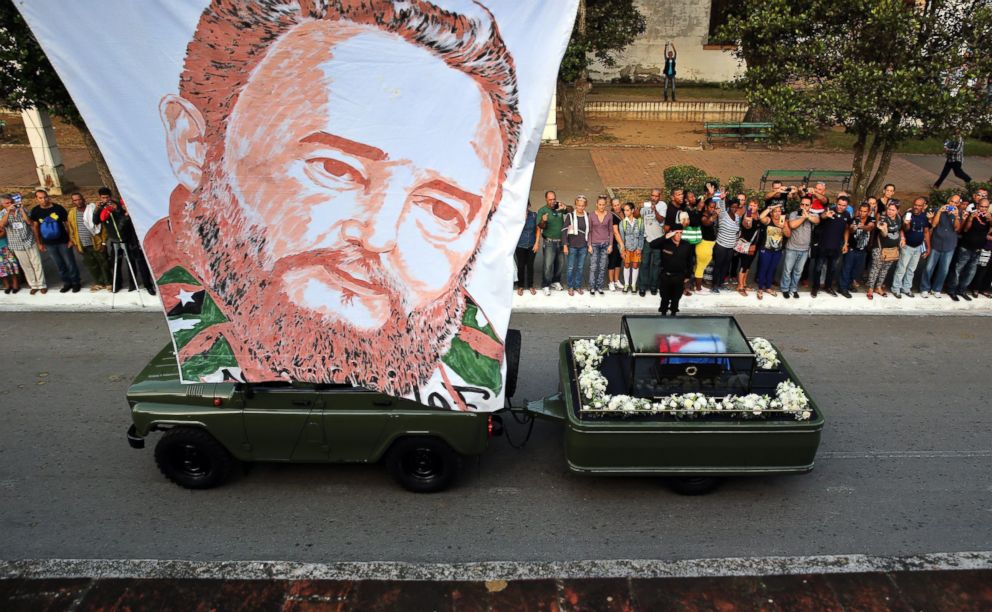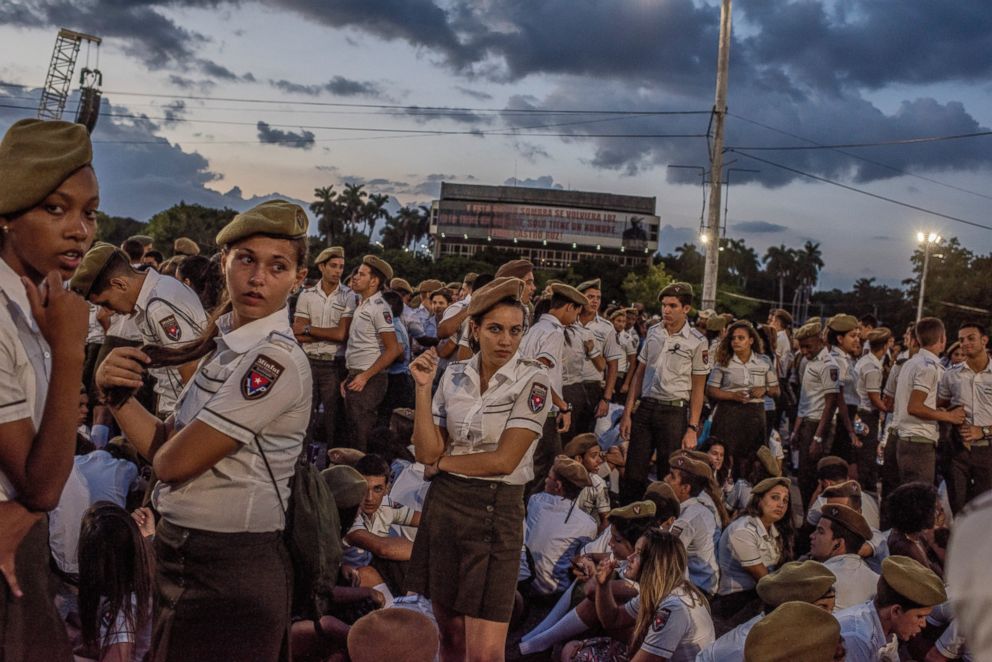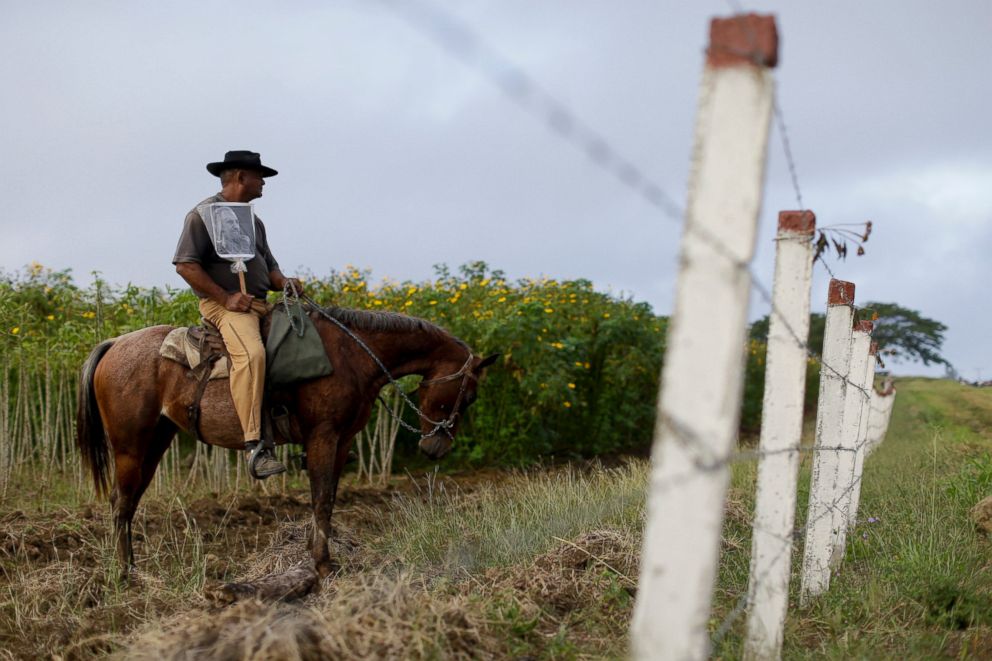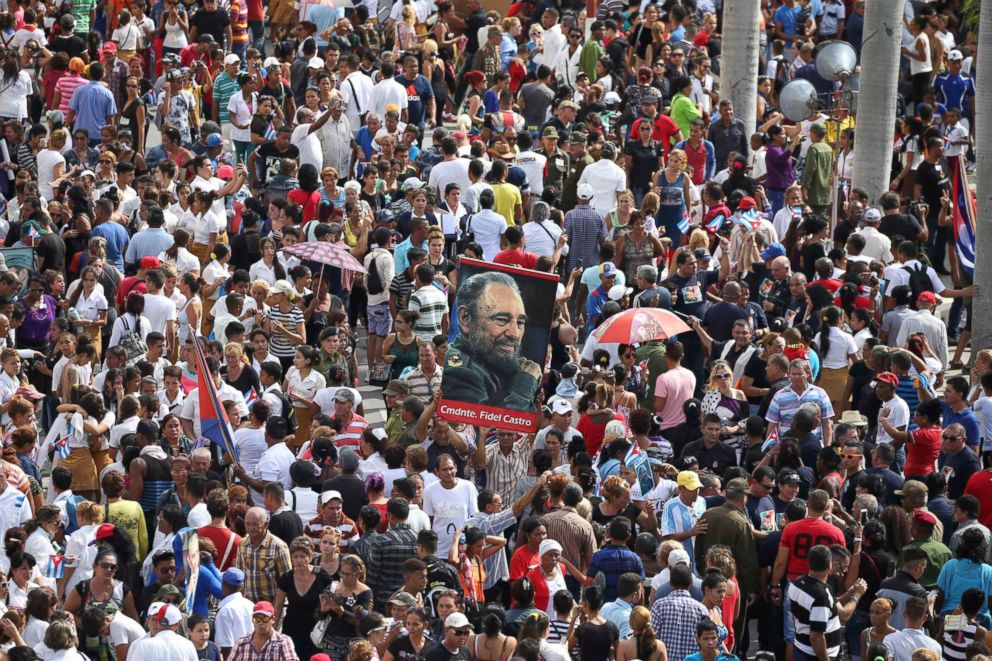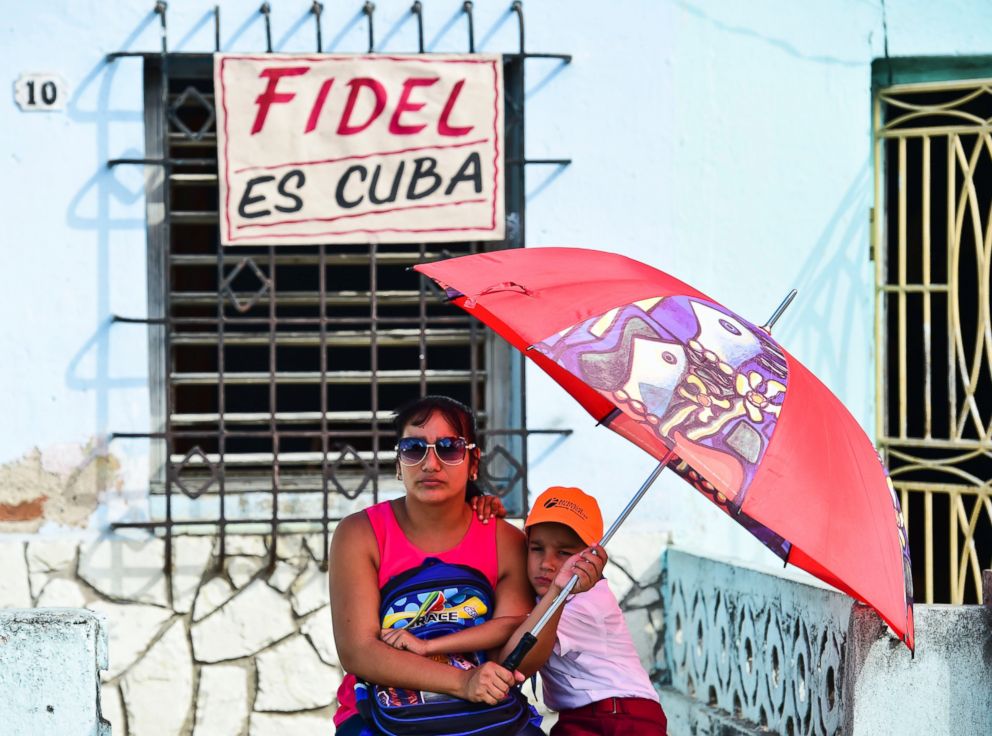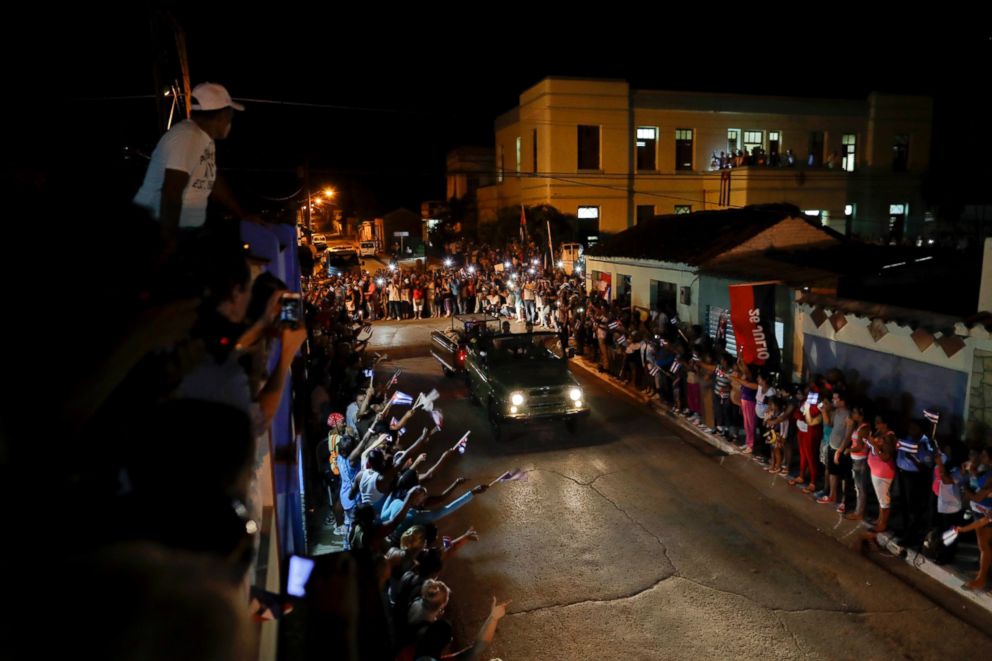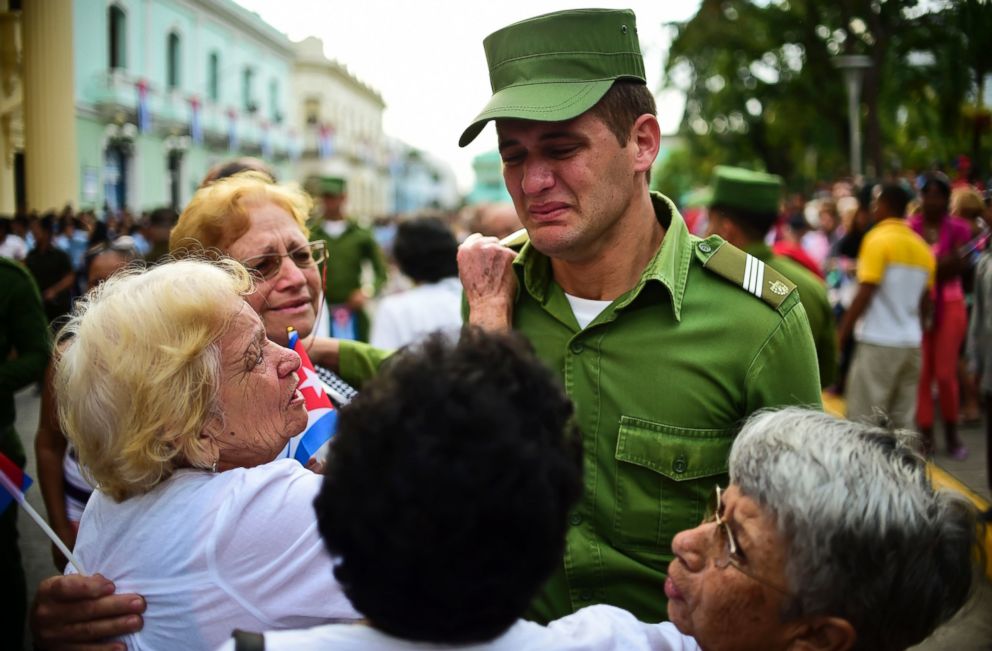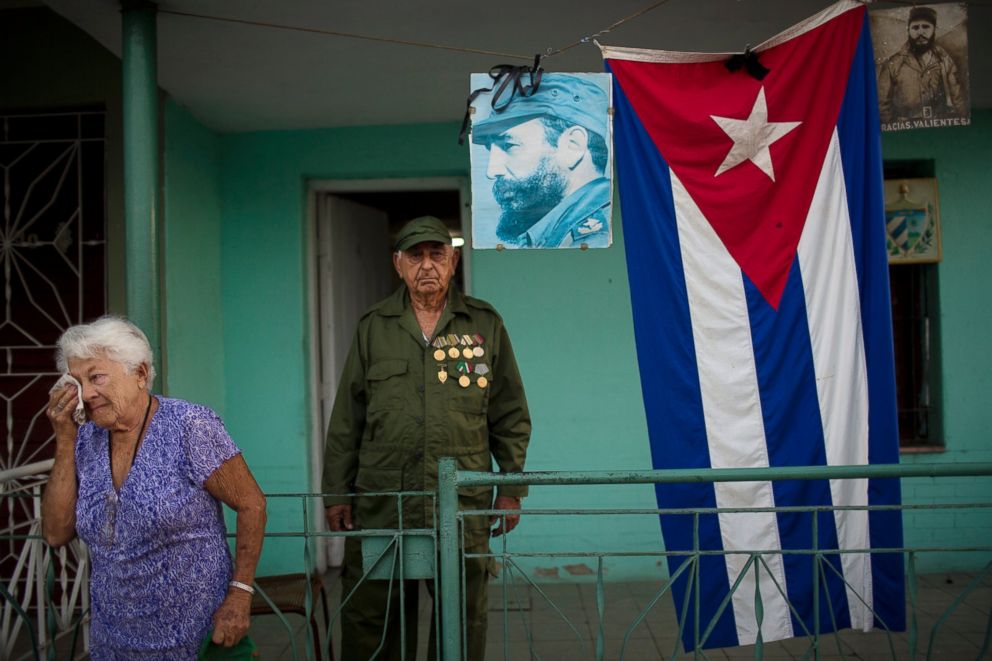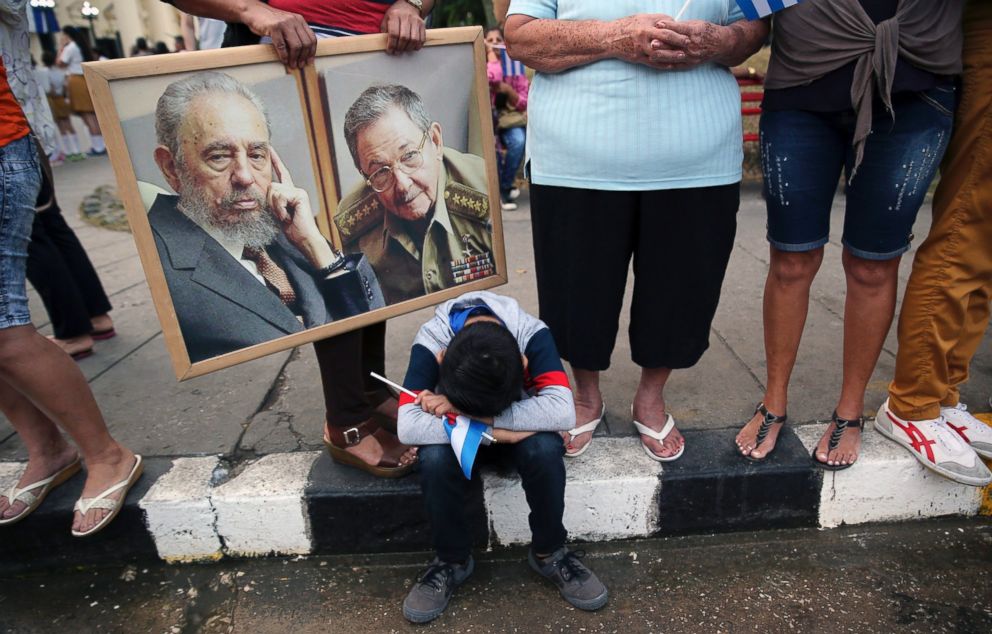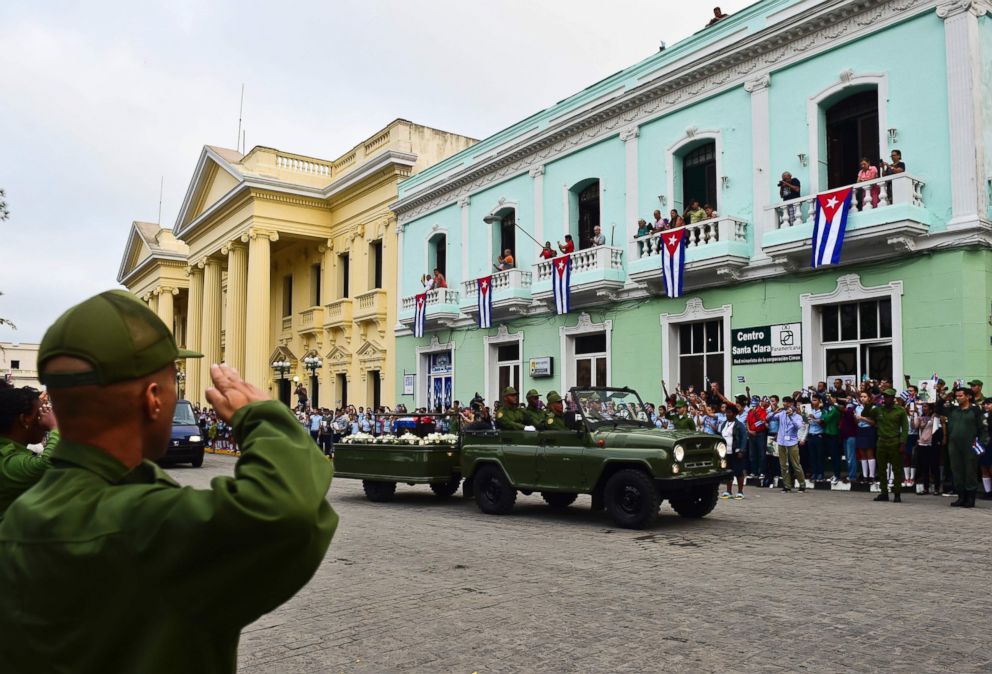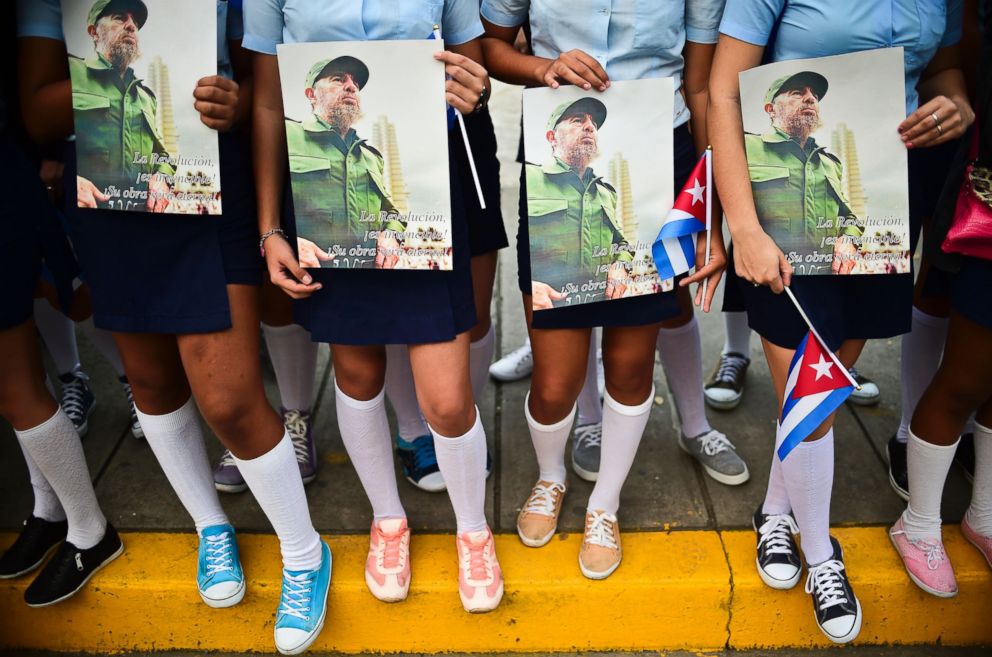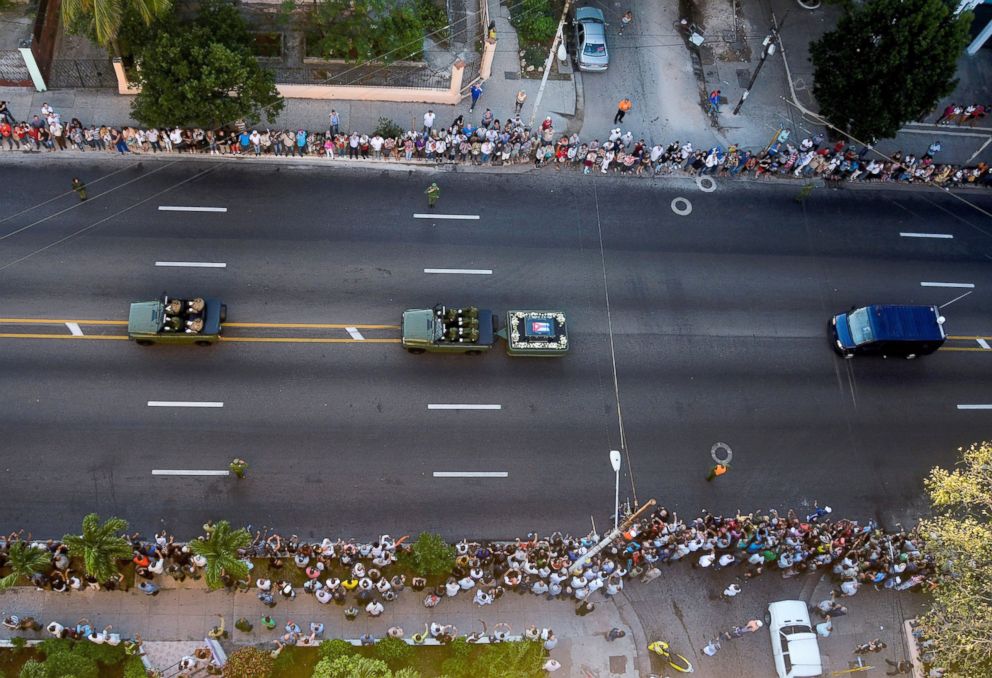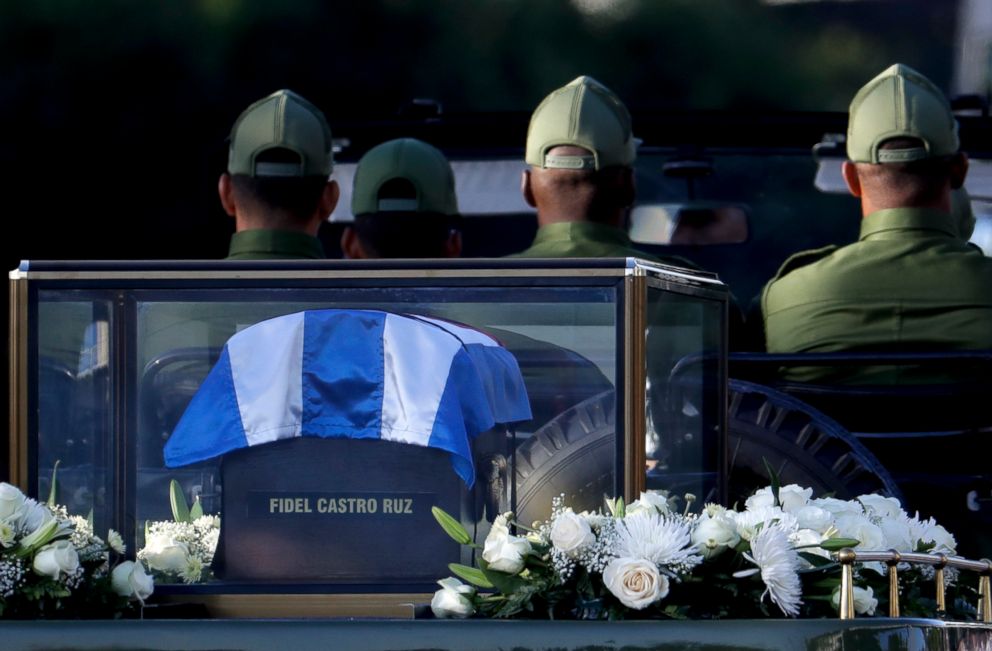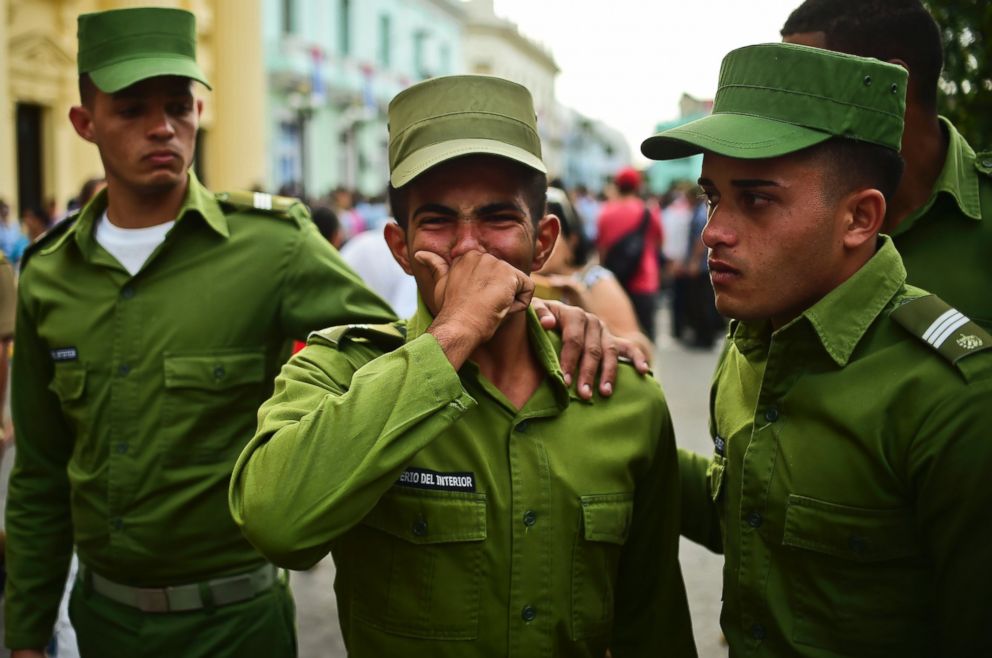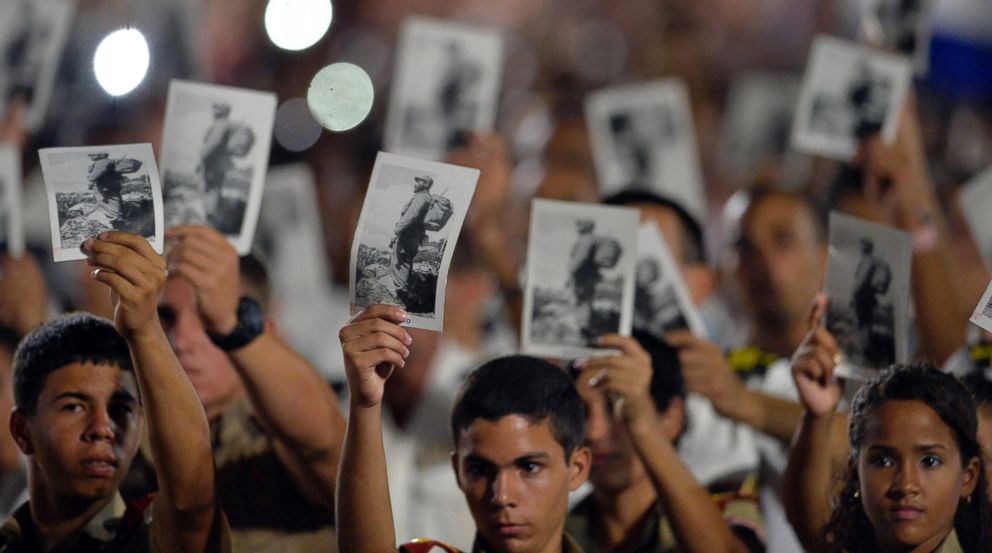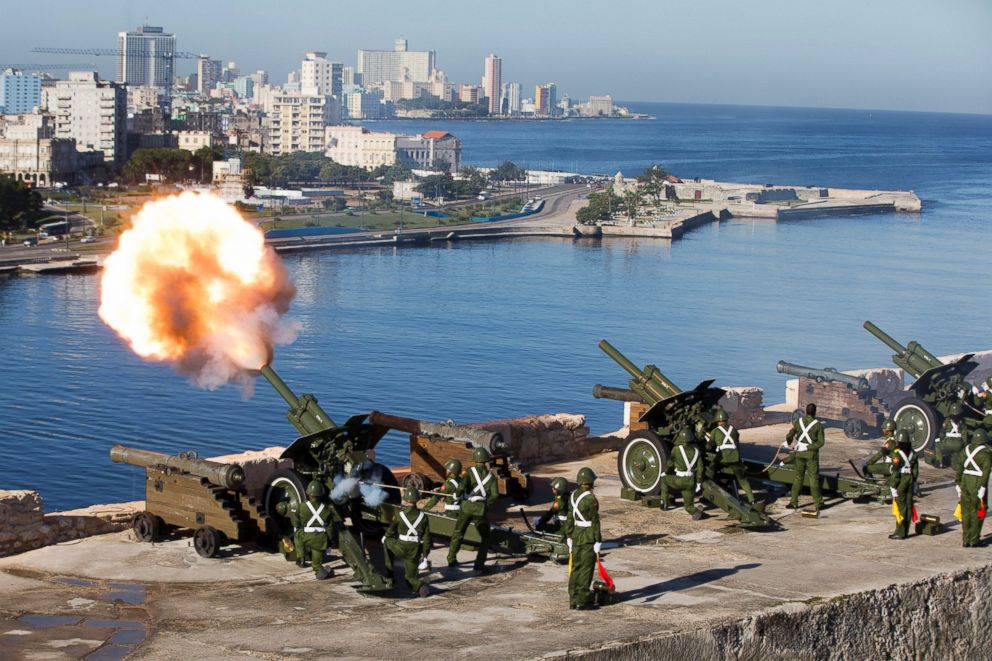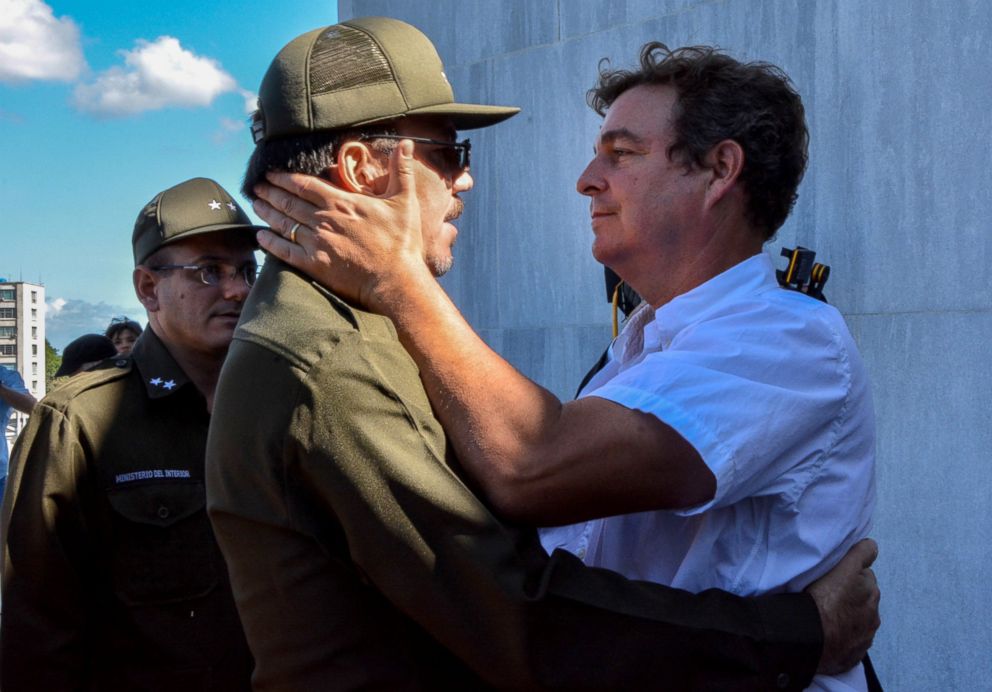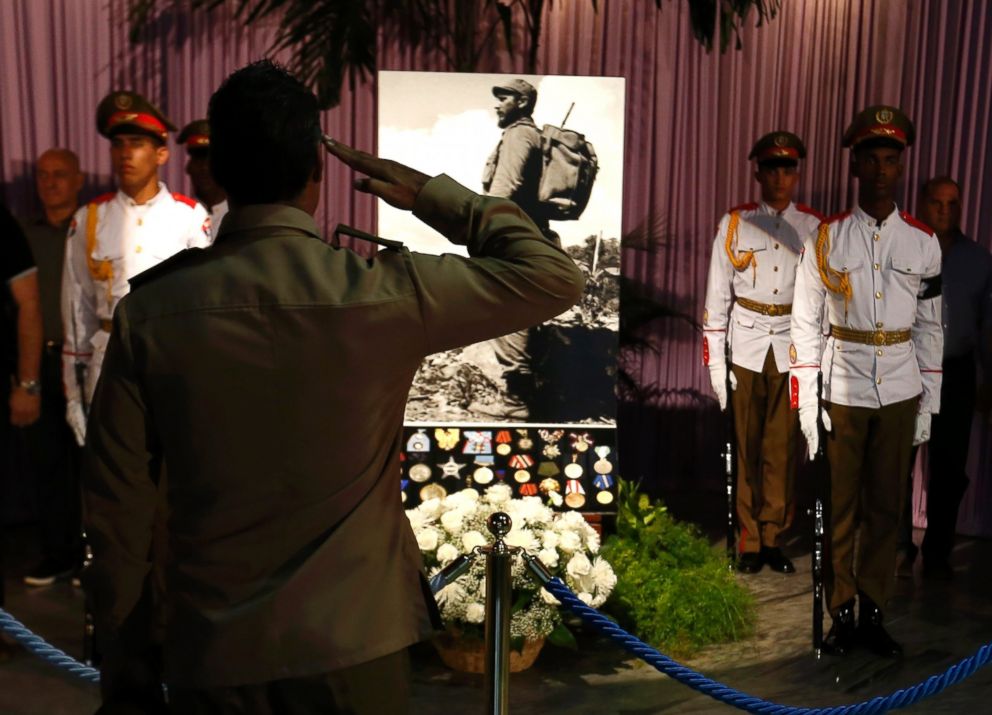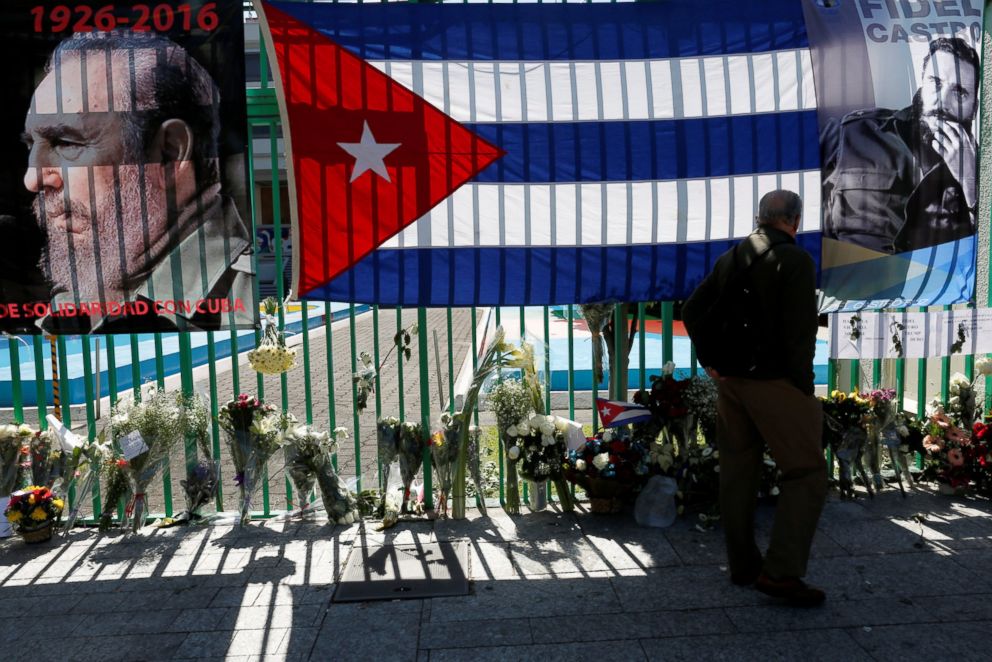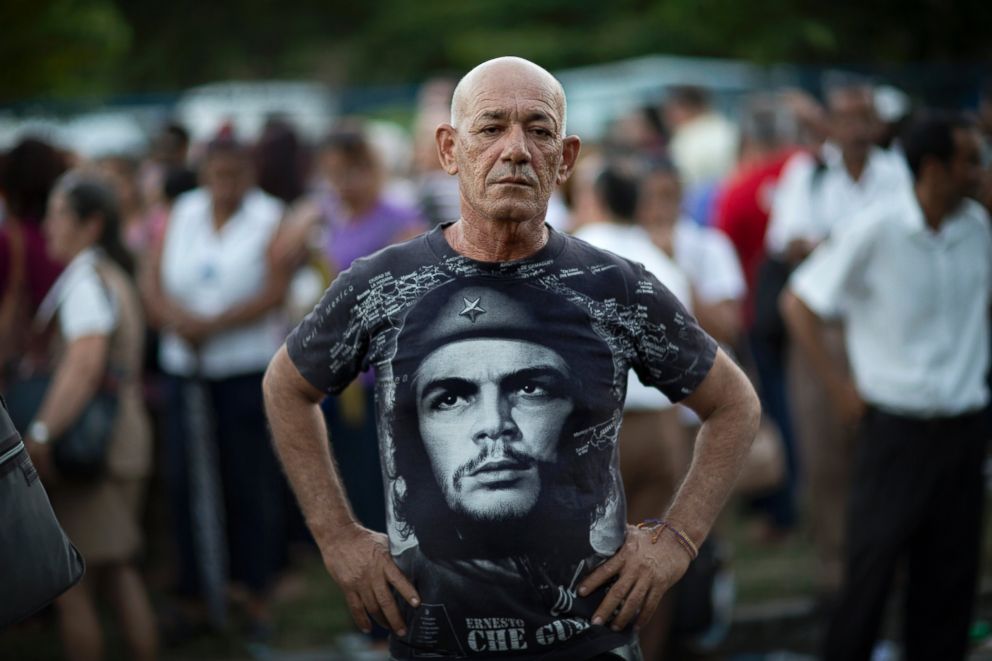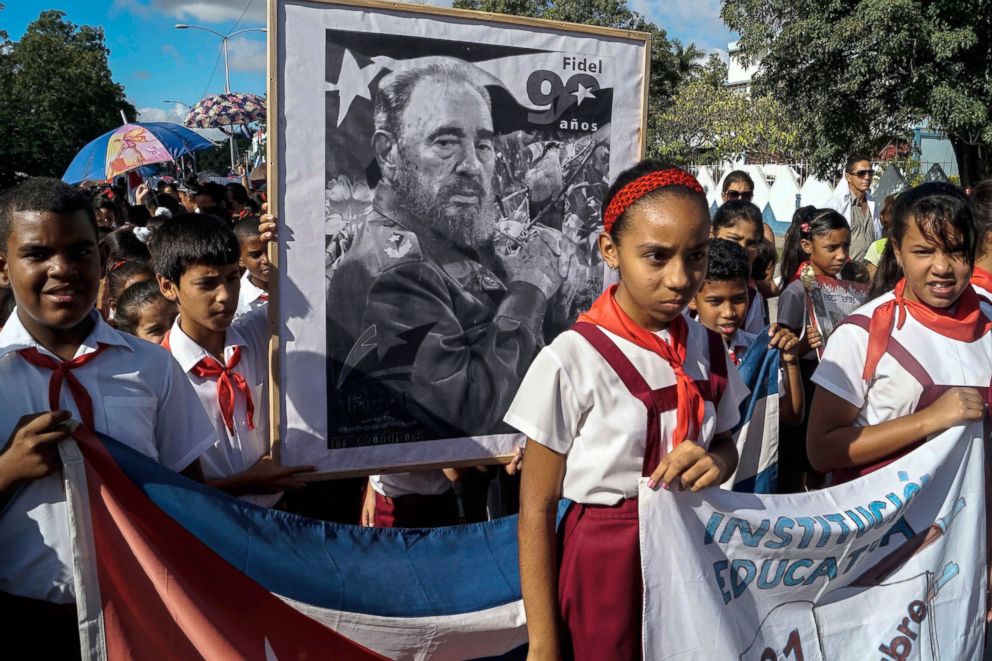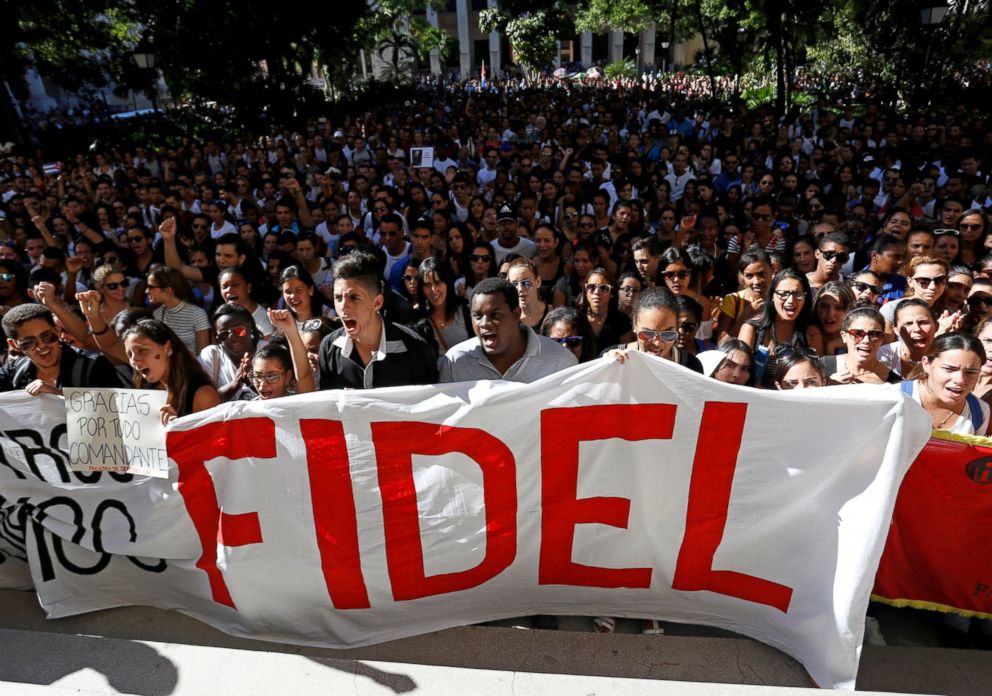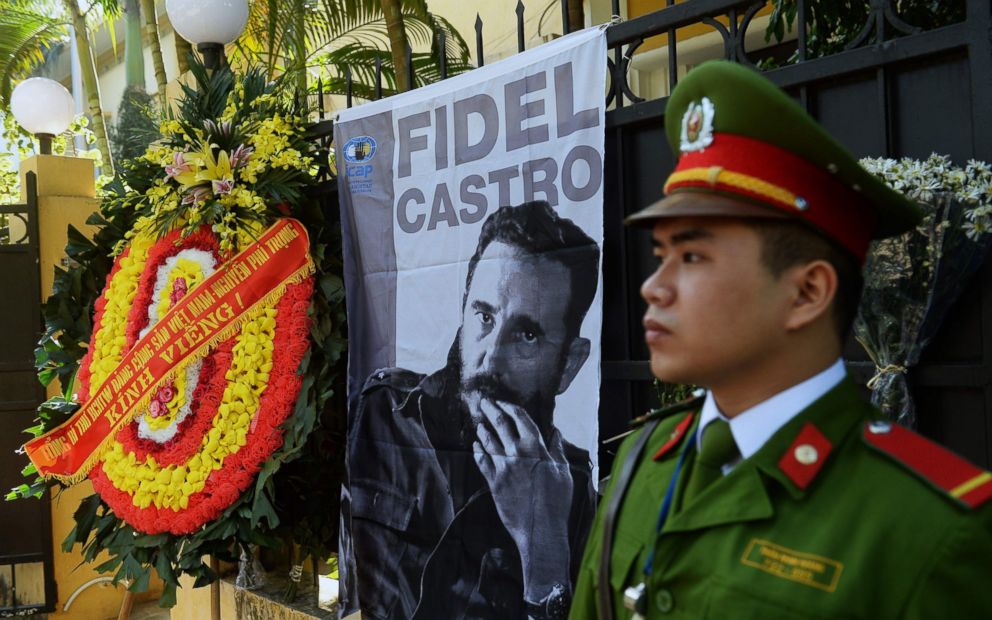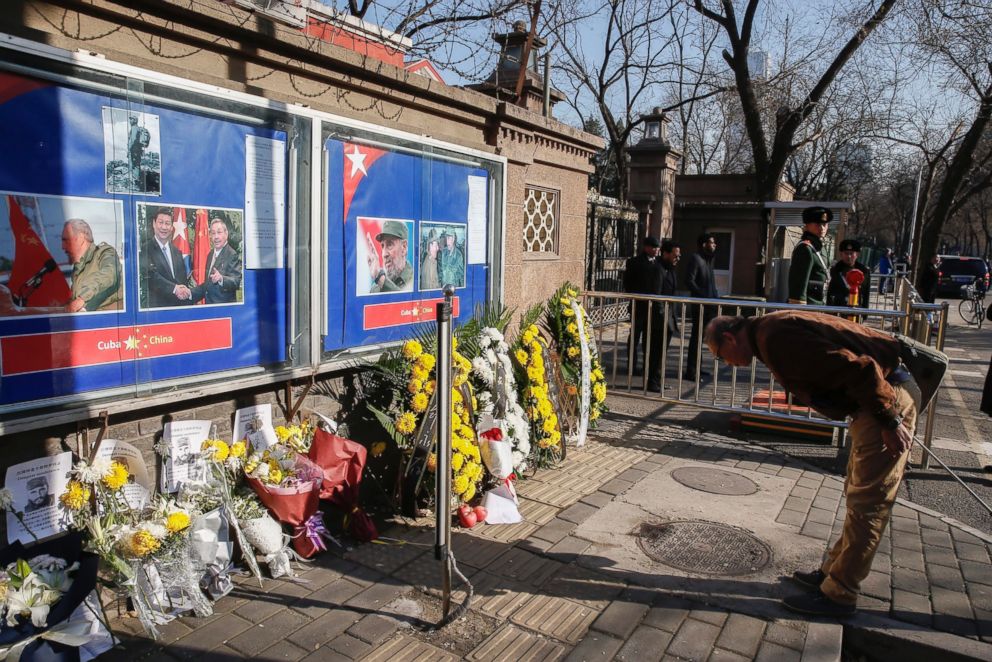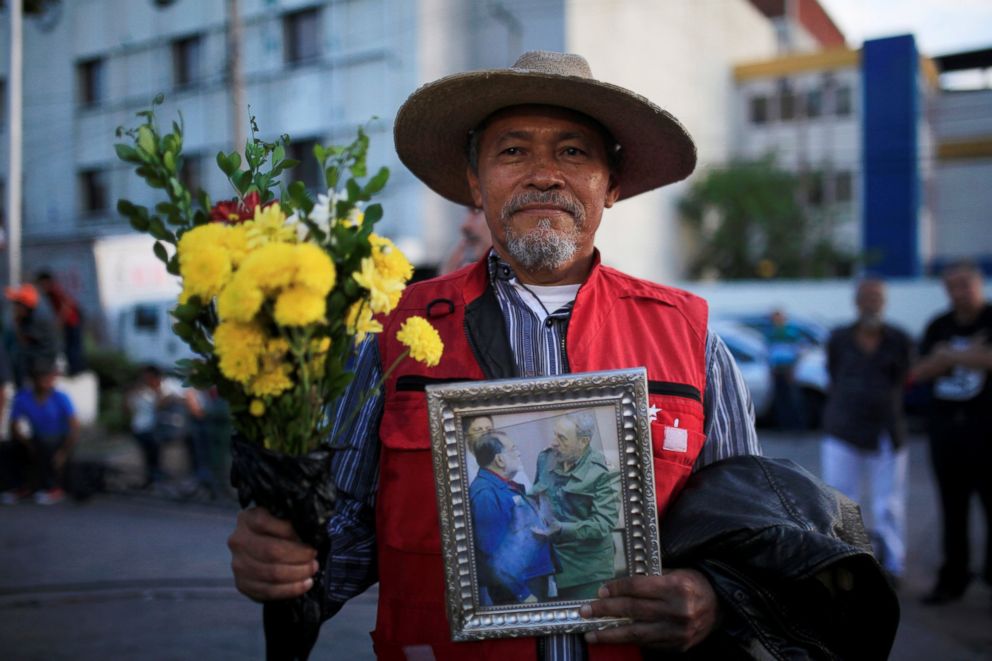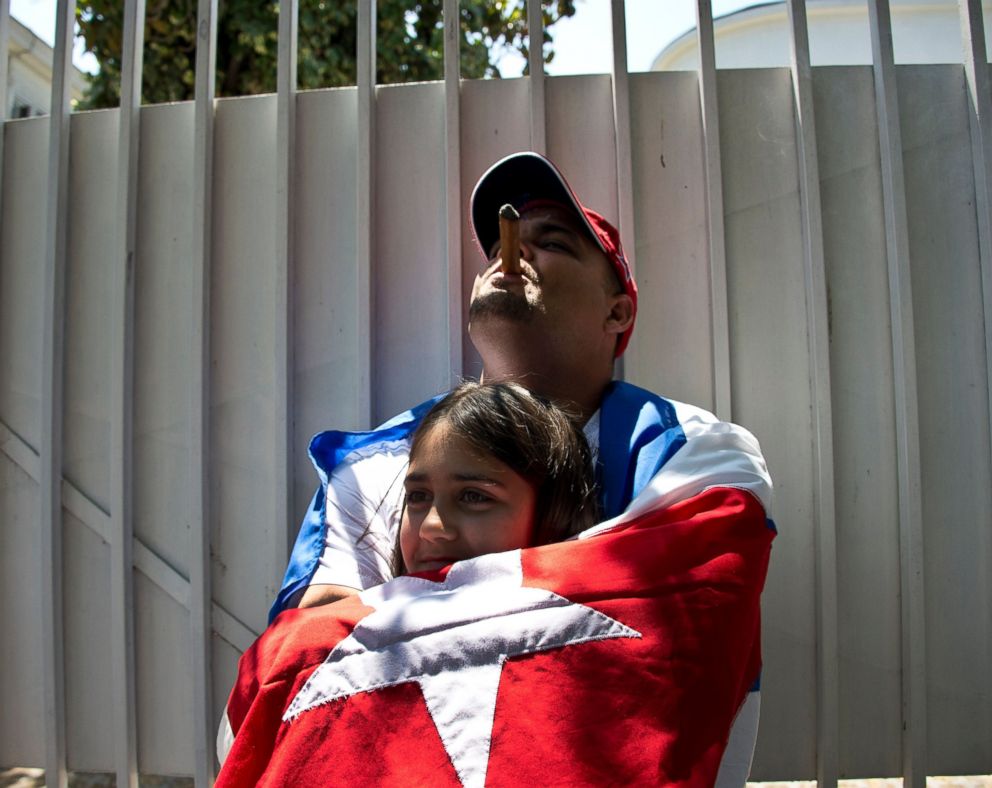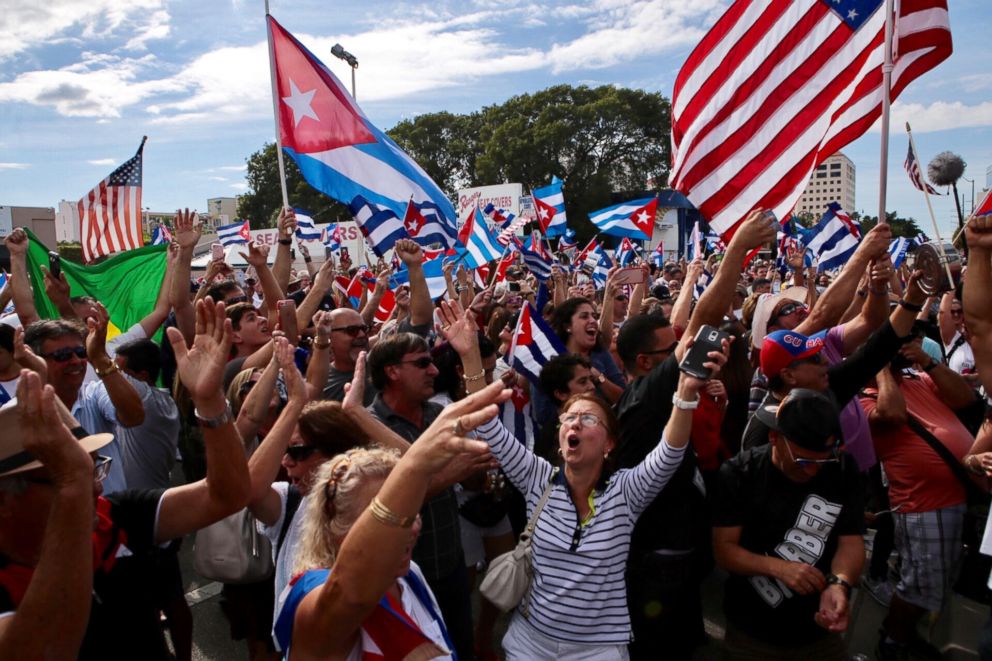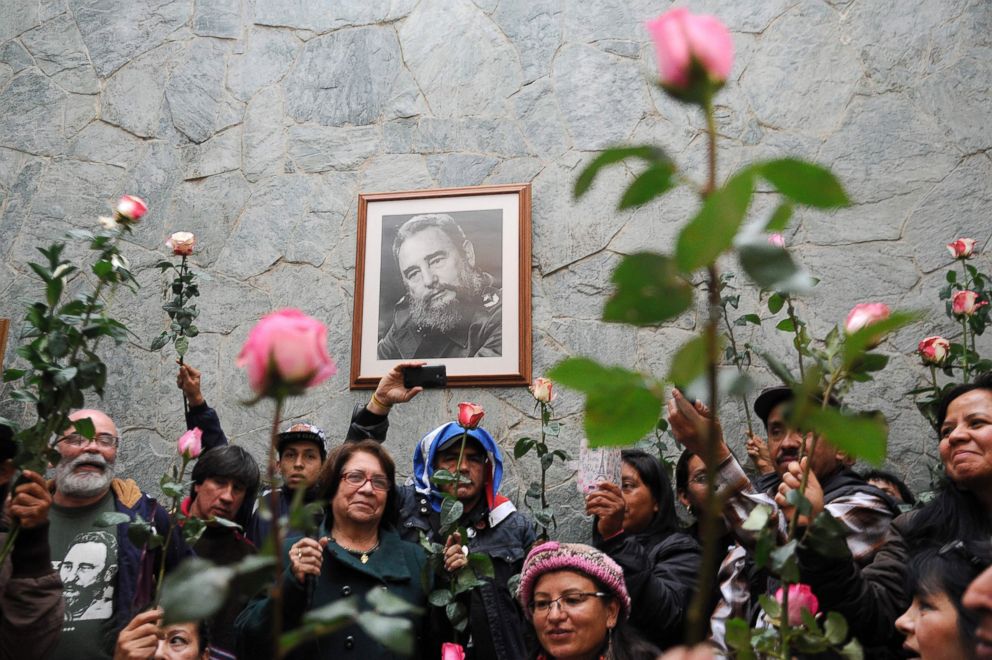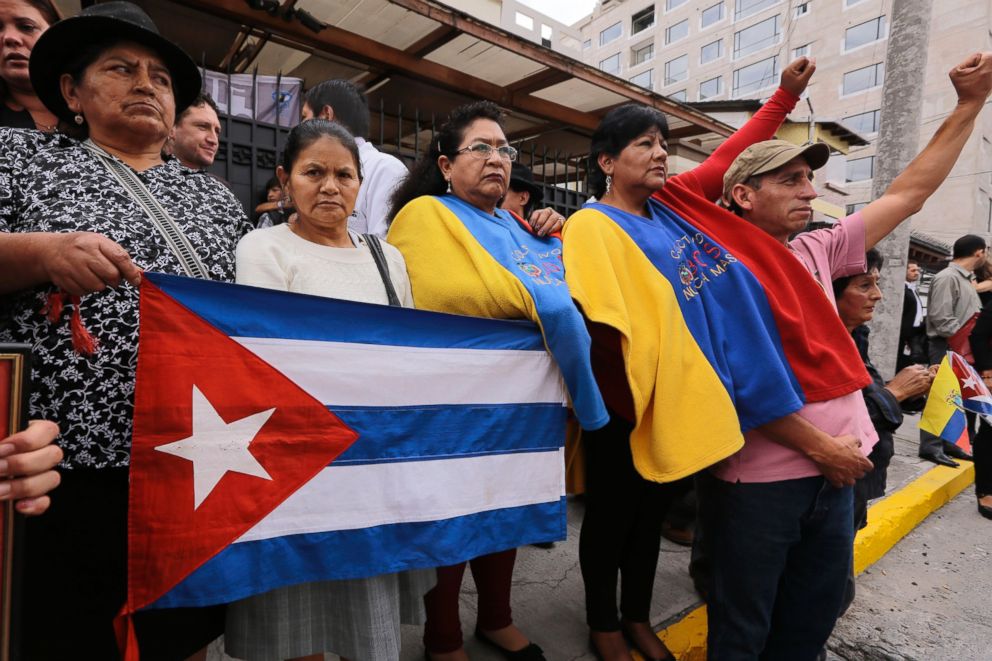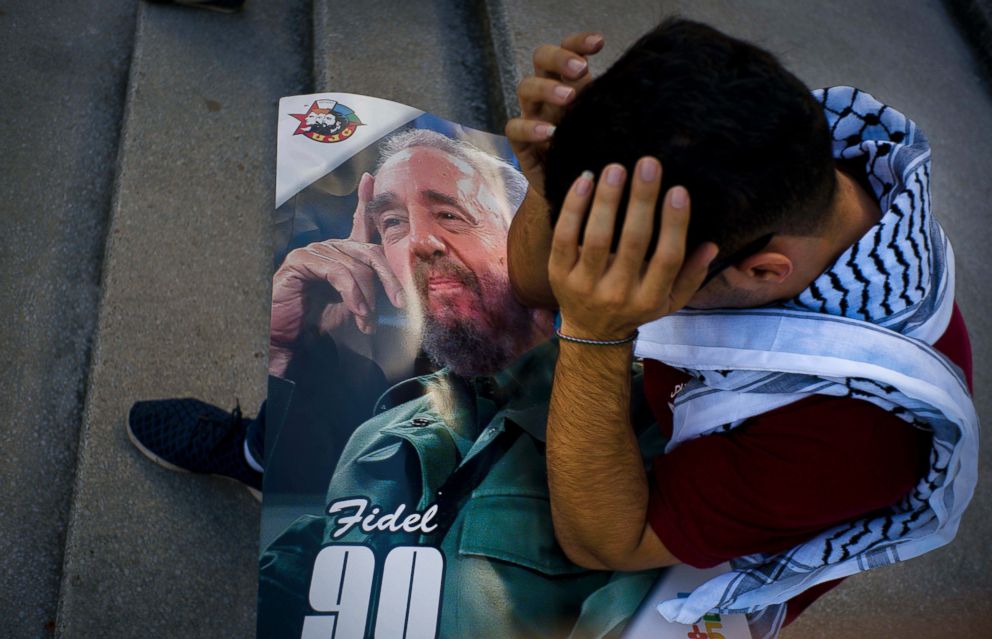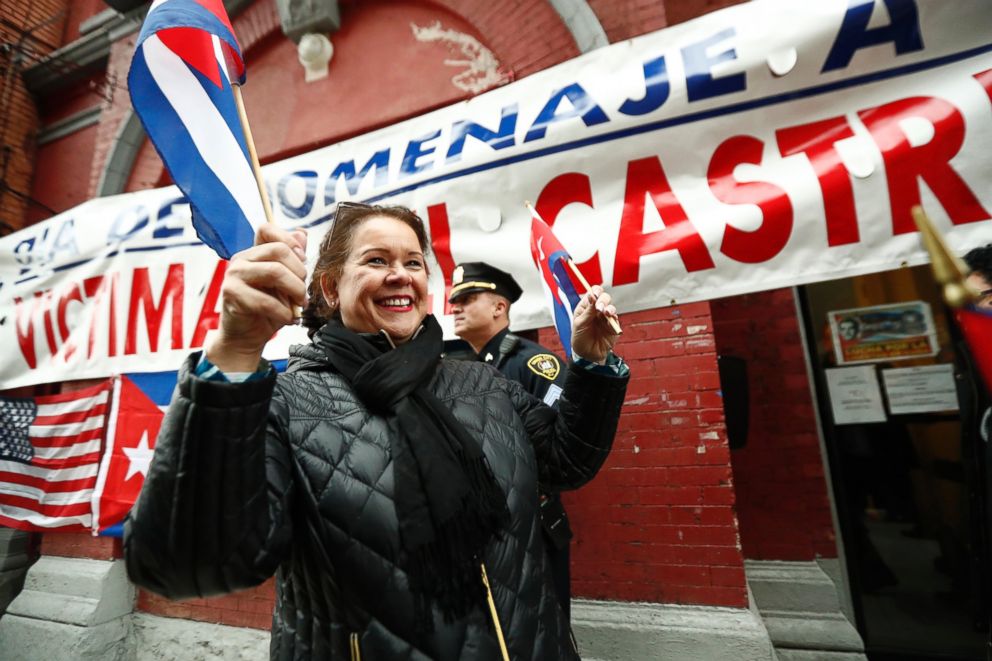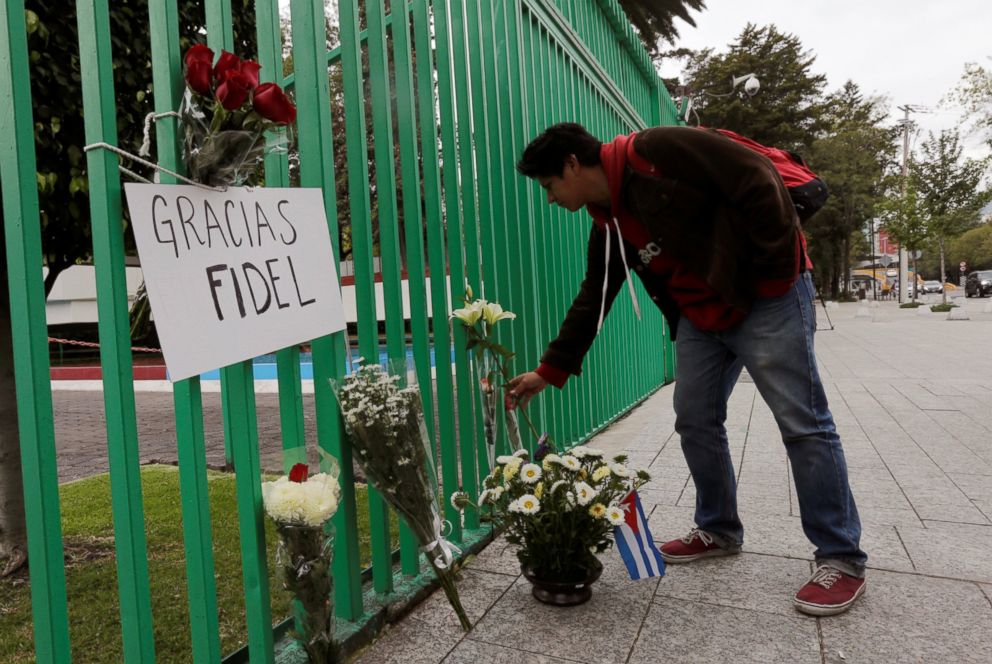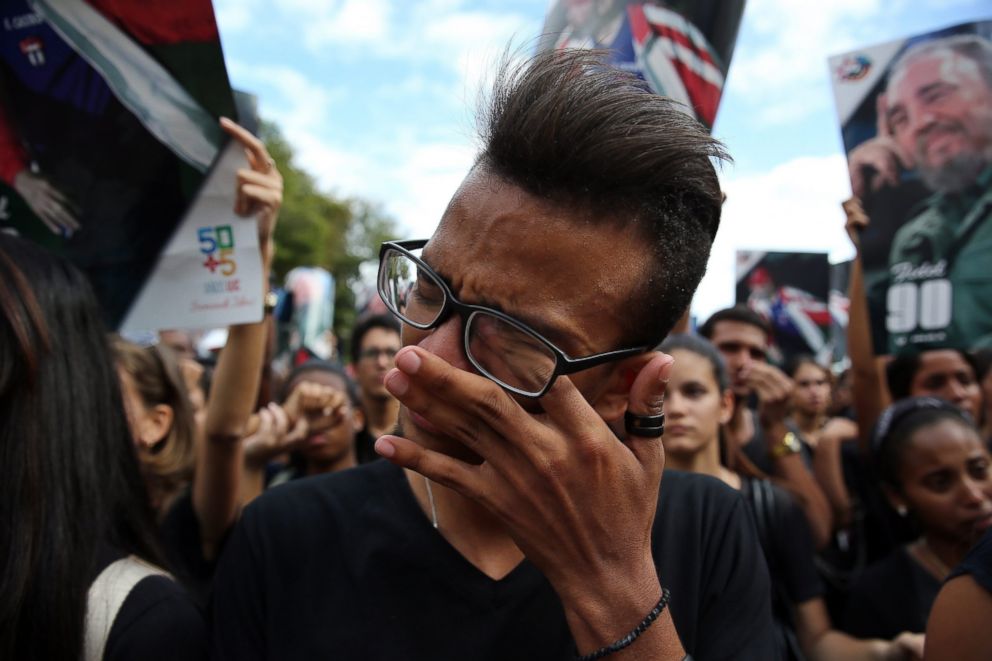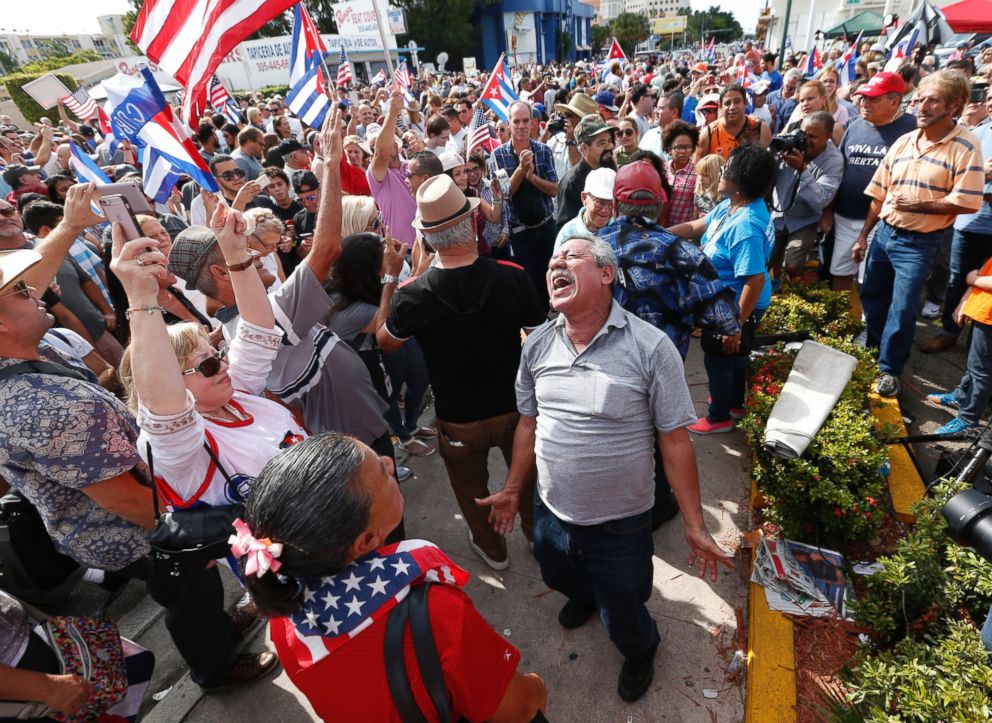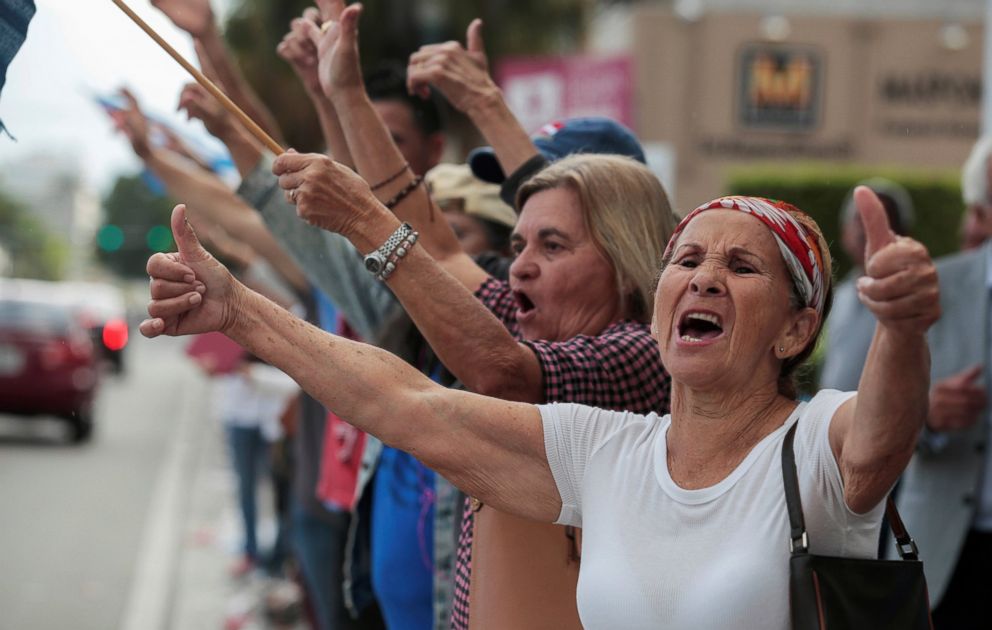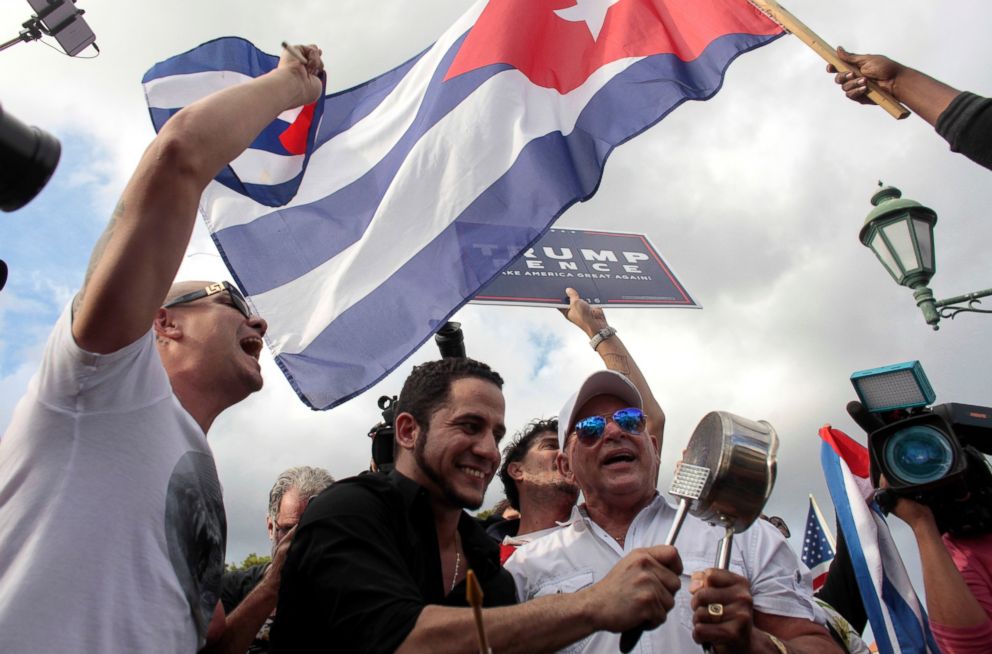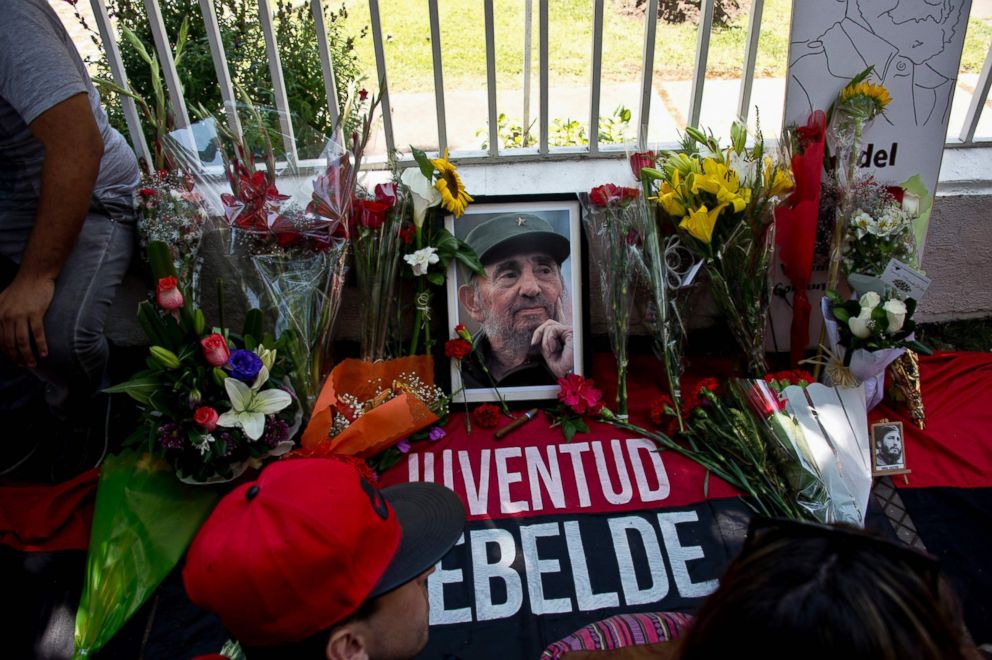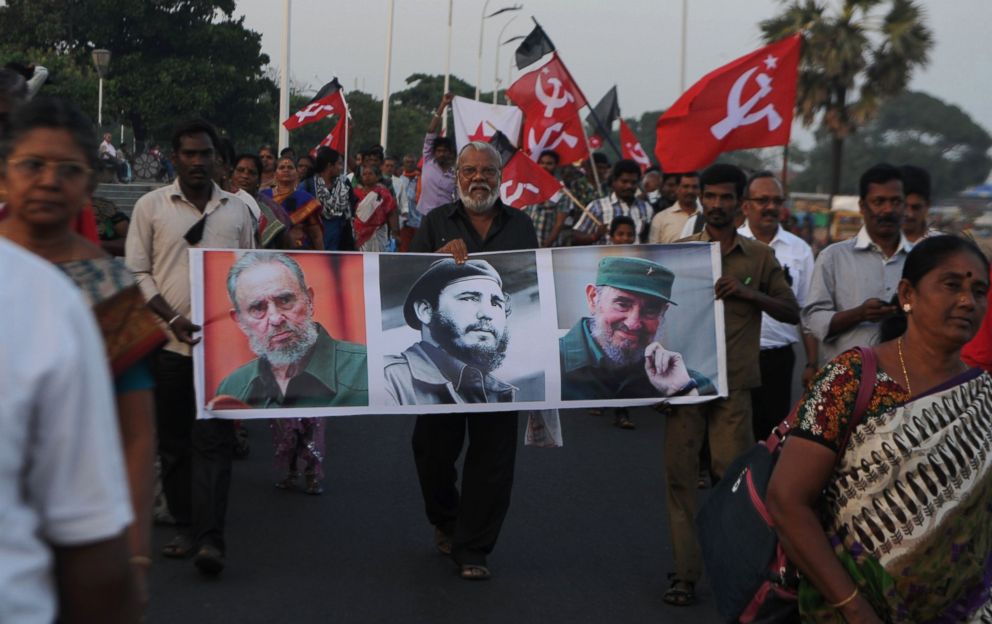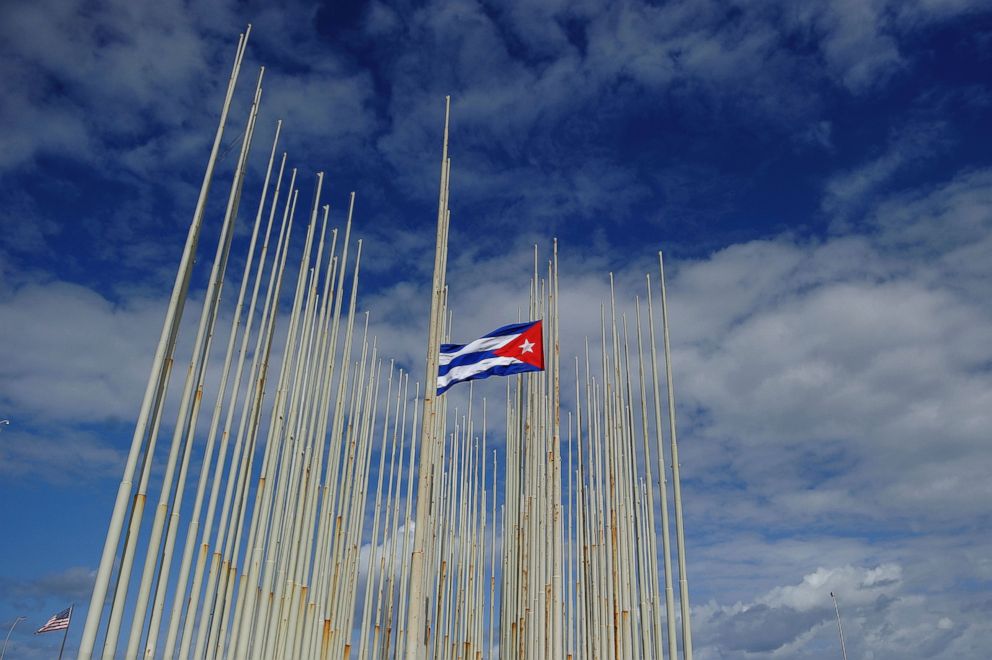What's Next for Cuba Following the Death of Fidel Castro
A lot depends on relations with the U.S.
— -- With the death of Fidel Castro, the father of the Cuban revolution, many questions hang over the future of Cuba. President Raul Castro, Fidel's 85-year-old brother, has been leading the country since 2008 when Fidel stepped down. With the assistance of the Vatican and Canada, Raul Castro and President Obama announced negotiations toward thawing relations between the U.S. and Cuba in 2014.
But with only a year left in Raul Castro's presidency, what happens next for the island only 90 miles from the U.S.?
Immediately
Not much is expected to change immediately for Cuba.
"Raul has been a reformist, pushing pragmatically for slow but steady change -- 'without haste, but without pause,' as he likes to say," Peter Kornbluh, a senior analyst at the National Security Archive and expert on Cuba, told ABC News. "There are others in the Communist Party politburo who oppose the range of his efforts to privatize and modernize the economy."
The World Reacts to Fidel Castro's Death
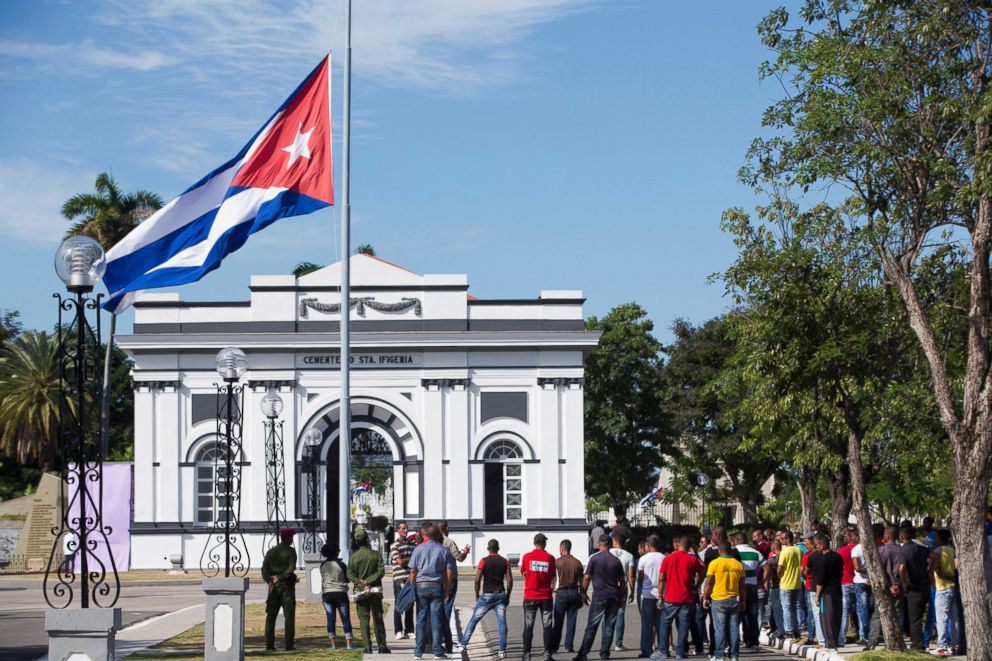
President-elect Donald Trump looms over whatever the future will look like. Whether he shuts down the island to business again, or allows more openings can play into the hands of Cuba's reformists or hardliners.
"If Trump pursues an arrogant imperial and threatening policy toward Cuba, the leadership will gravitate toward hardline security officials who will focus on national security," Kornbluh explains.
John Kavulich, president of the U.S. Cuba Trade and Economic Council, a private, not-for-profit, membership-based corporation, said it is "delusional thinking" that everything will immediately change with the death of Fidel Castro.
"The next months will be focused upon confirming for the 11.3 million citizens of Cuba that the 'Revolution' was not because of one man or only endured with that one man," he said. "It is the fabric that wraps the country and there will be no holes in that fabric."
Possible Election
The real change is expected come February 24, 2018 -- the day a Castro will no longer be running Cuba.
Raul Castro announced in 2013 that it would be his last five-year term as president. Come February 2018, it will be the first time since the revolution that a Castro will not be in power.
"President-elect Trump is focusing upon the requirements of the Libertad Act of 1996, which created conditions for the resumption of full commercial, economic and political relations with Cuba," Kavulich said. "President-elect Trump is sharing that he desires a 'better deal.' He may get one -- on 24 February 2018 when President Raul Castro retires and he will be the first United States president in 59 years to welcome a 'post-Castro Cuba' and preside during a 'post-Castro Cuba.' A provision of the Libertad Act requires that neither Fidel Castro nor Raul Castro be in government.”
The Libertad Act is also known as Helms-Burton Act, which states the embargo can be removed when Cuba holds "free and fair" elections and a Castro is not in power.
The expected successor is current vice-president Miguel Díaz-Canel Bermúdez, 56, appointed by Raul Castro in 2013. He is the highest ranking Cuban politician born after the revolution. Díaz-Canel is an engineer by training and according to Americas Quarterly has spoken for an open press and more Internet access.
"Today, news from all sides —- good or bad, manipulated and true -— gets to people. They know [what's going on]," Díaz-Canel told a higher education conference, according to Americas Quarterly. "And what is worse, then? Silence?"
He would become the first civilian leader of Cuba since the revolution, but how he will come to power is still a question.
"Leadership has never been put to the people in Cuba. I'd be very surprised if that were to change," Ted Piccone, a senior fellow in the Project on International Order and Strategy and Latin America Initiative in the Foreign Policy program at Brookings Institute told ABC News. "We'd certainly not see elections as anything we would recognize. There would be a formal appointment coming out of the national assembly."
The Cuban government has taken steps toward more open elections, such as allowing two independents to run in the last election, and promises to decentralize the government and has an electoral law reform pending, Piccone said.
"Key question is his legitimacy and his platform. We've had the Castro regime had the revolution to empower them all these years," he said. "When the Castros are gone that generation is gone. What is their legitimacy? He'd have to deliver of economic quality of life reforms. That’s what they are going to be judged on by the Cuban people because they weren’t fighting in the mountains for the revolution ... he was born after the revolution.”
Future
What the future will hold for Cuba is dependent on whether Trump allows the relaxation and easing of relations to continue, according to Piccone.
"Whether or not you like the Castros or not, the Cubans are very proud, nationalist people and they will survive," Piccone said. "Trump is taking a completely backward approach. He’d just provoke them and hardliners in Cuba to repress people rather than open up."
It will also depend on whether Raul Castro will fully remove himself from power.
While he will step down as president, the question remains if he will exit entirely from government.
"They've talked about separating the roles of party leader and government leader so would have Raul in theory, as head of the party and Diaz-Canal as head of government for the more day to day activities of running the government," Piccone explained. "With Fidel gone and Raul in the background I think you have much more burden on the new generation to move ahead with reforms because the current status quo program is not going to lead them to economic growth.
"If they position Diaz-Canal as the face of the Cuban government to the world and the people and if Raul has been playing the role Fidel has the past eight years (a monthly column or photo opp with a visiting dignitary), if Raul steps back as far as Fidel has stepped back then I would say it's the end of the Castro era."
